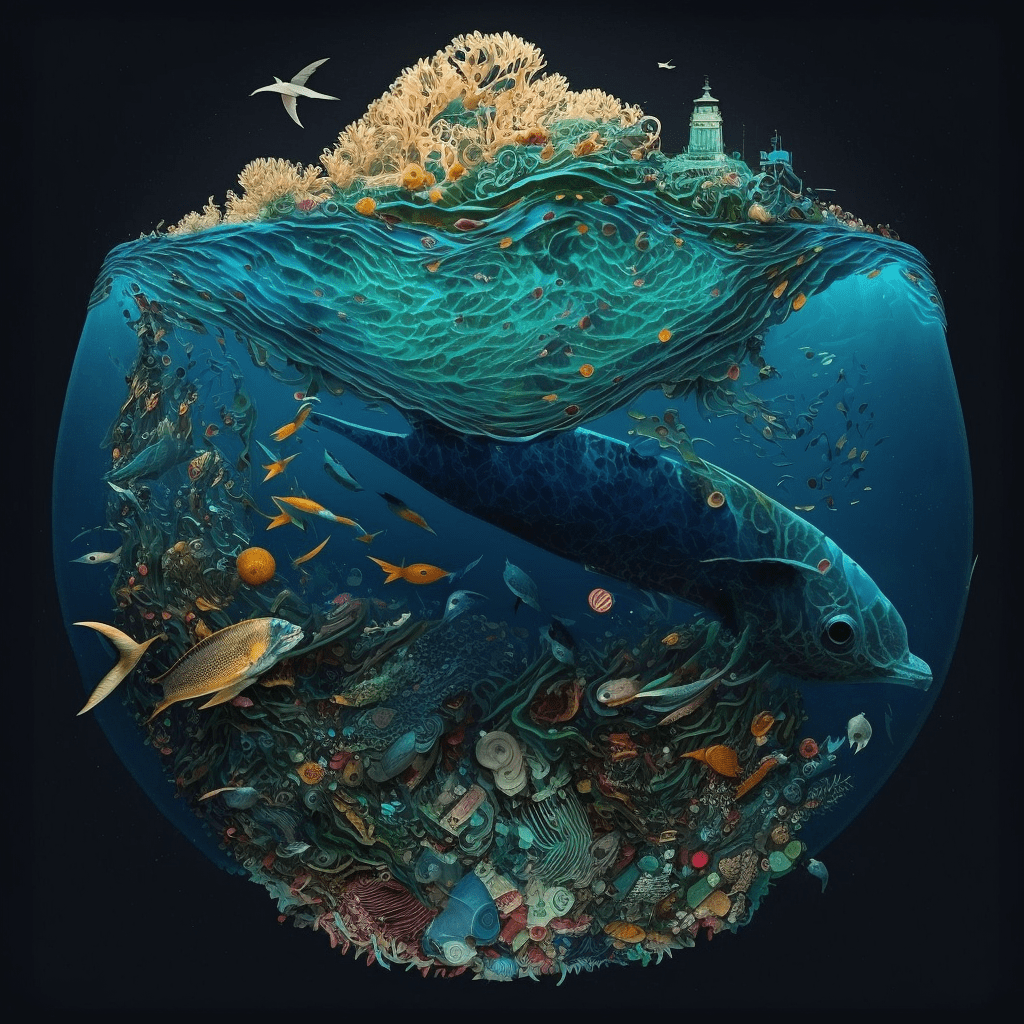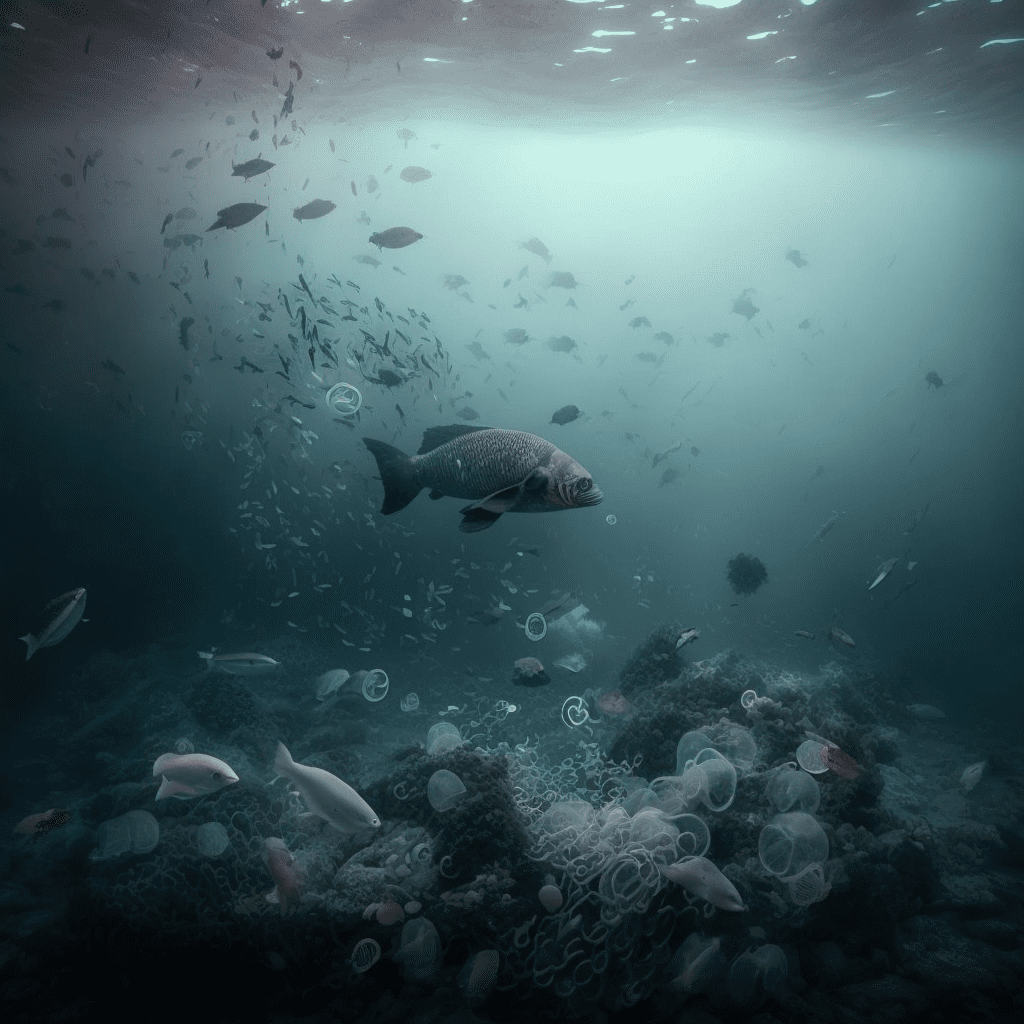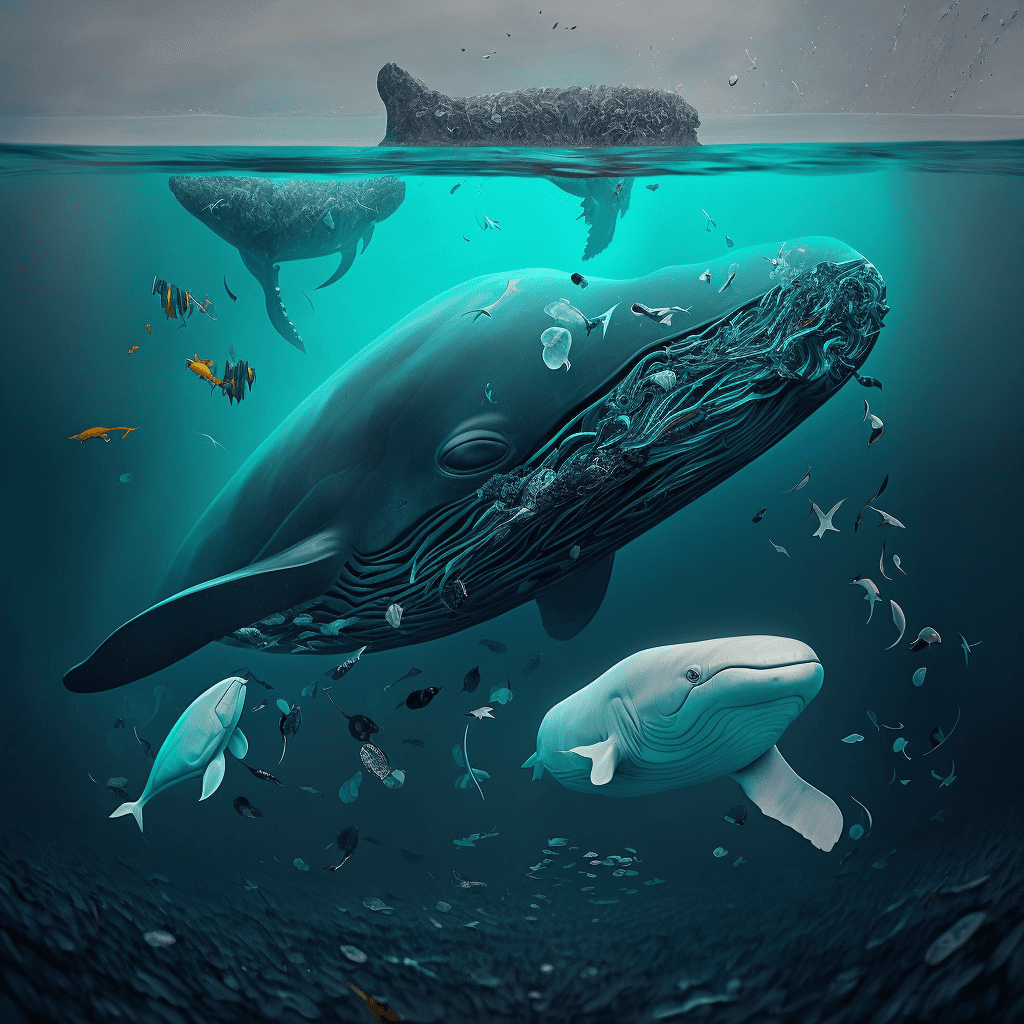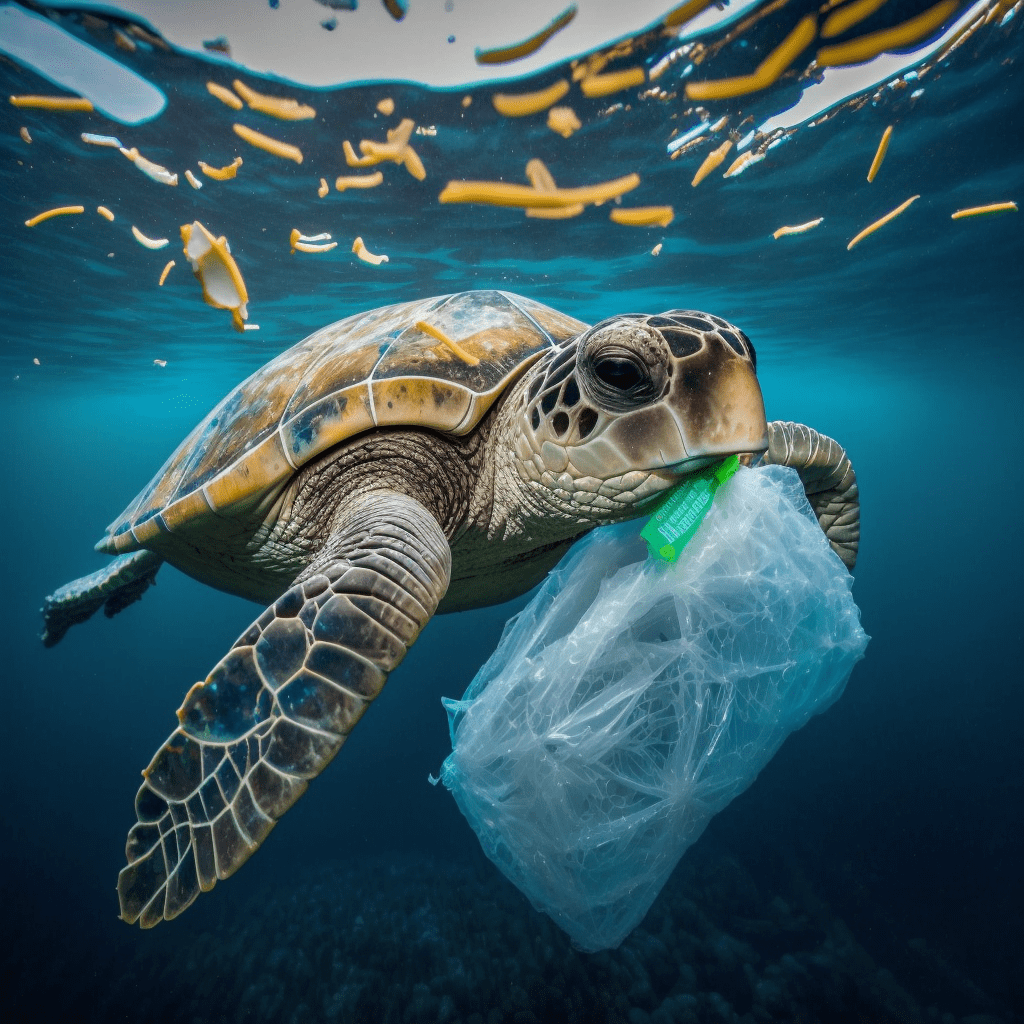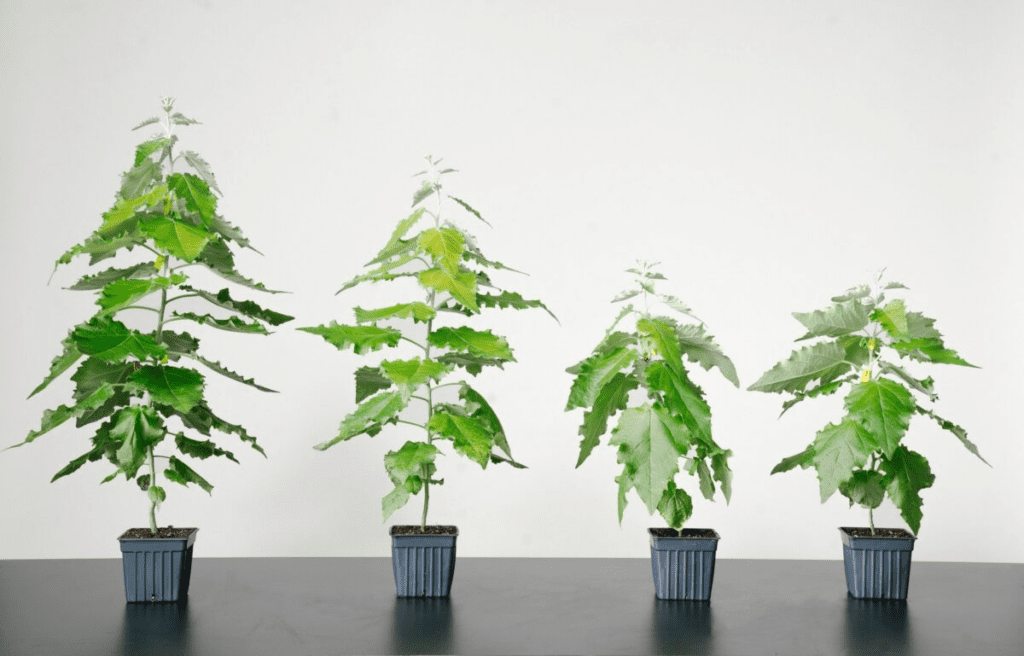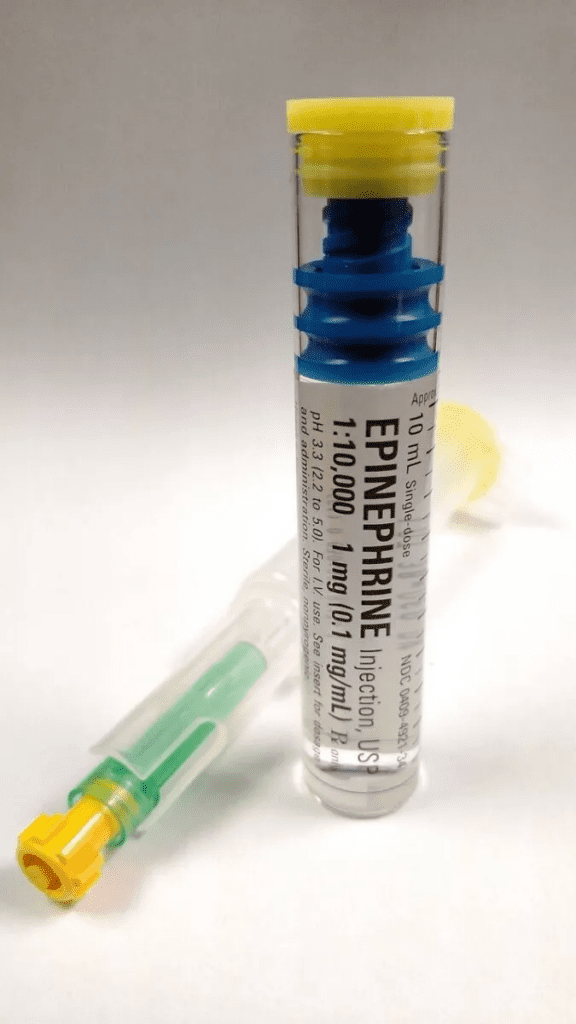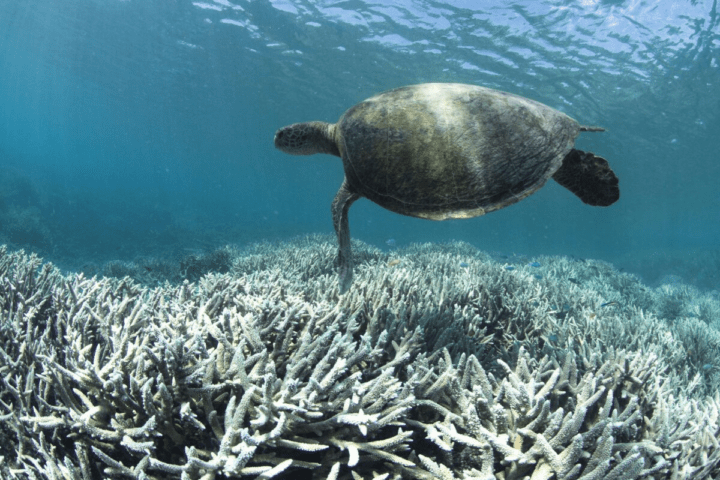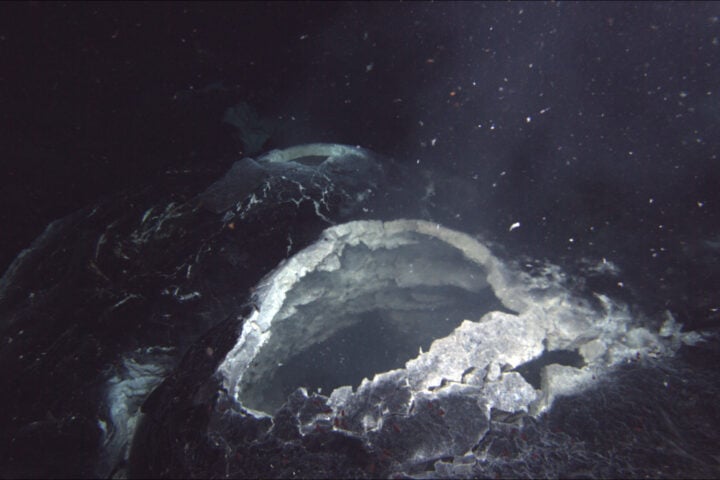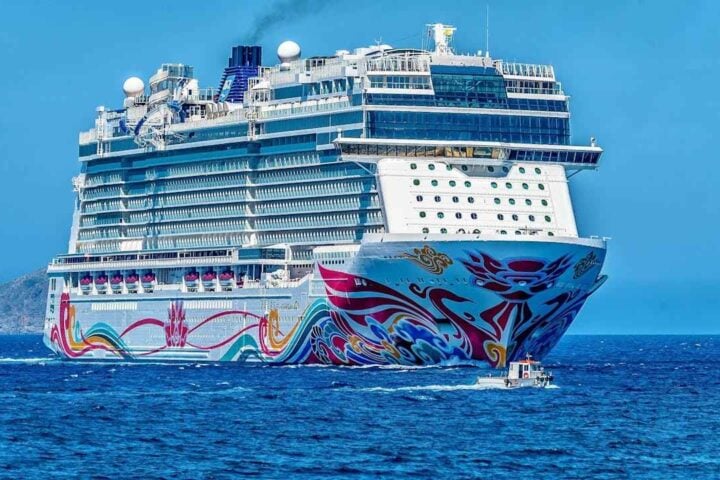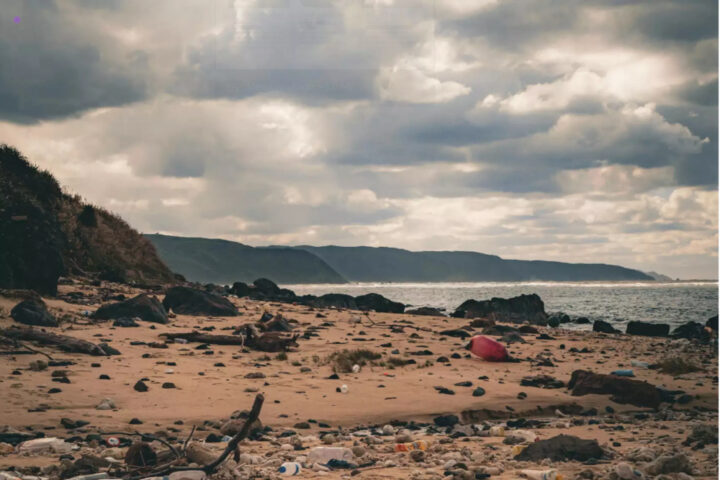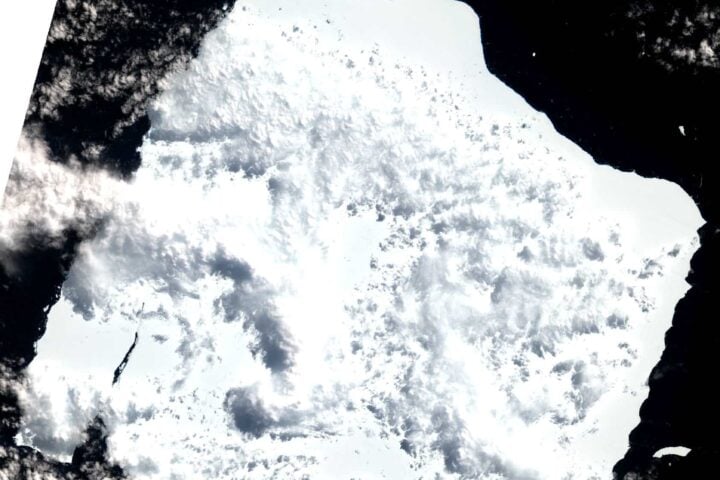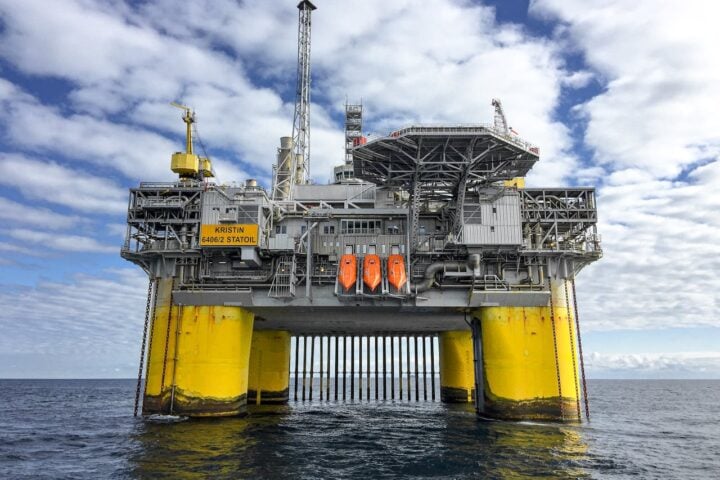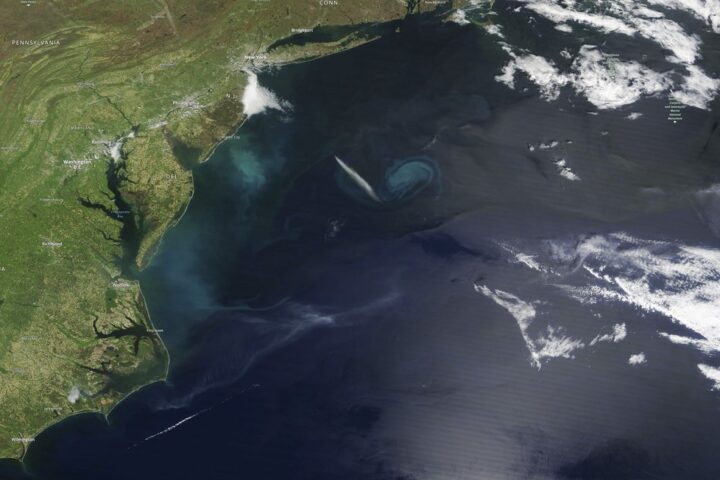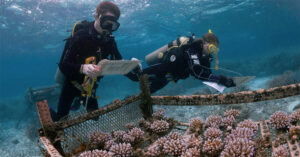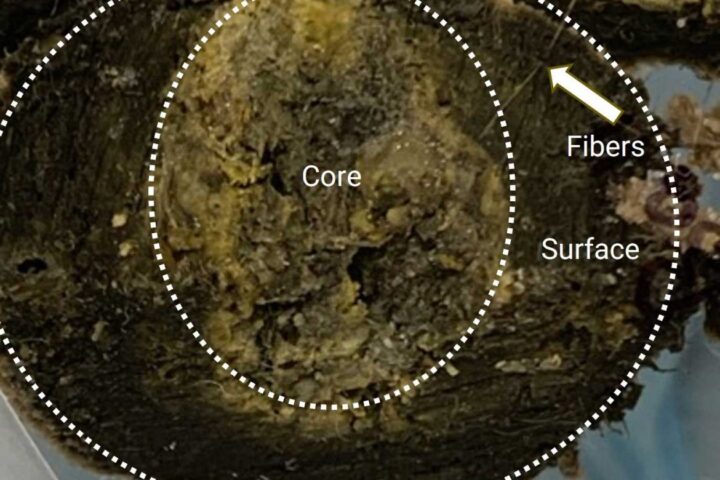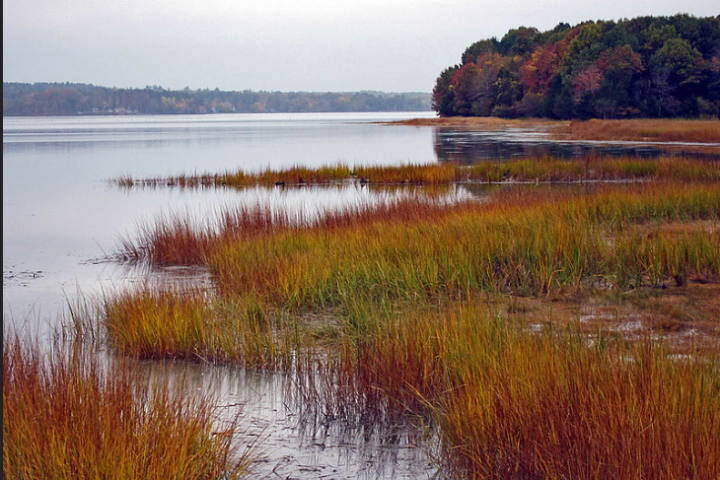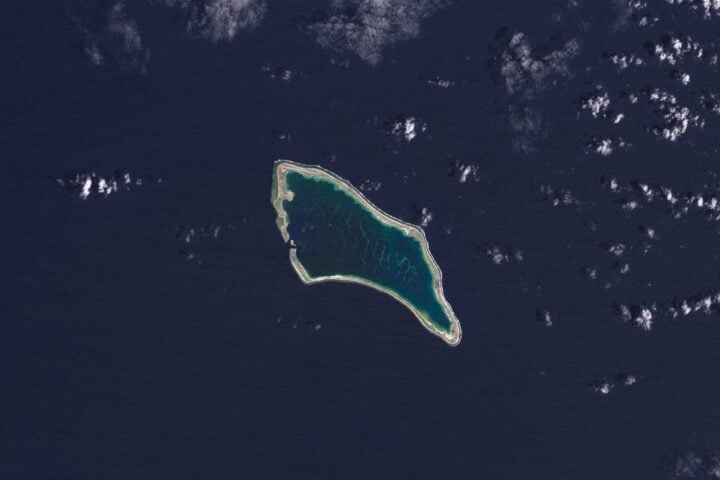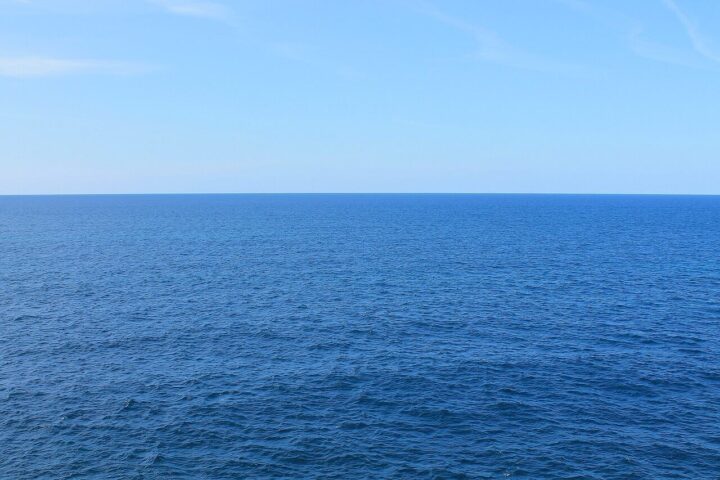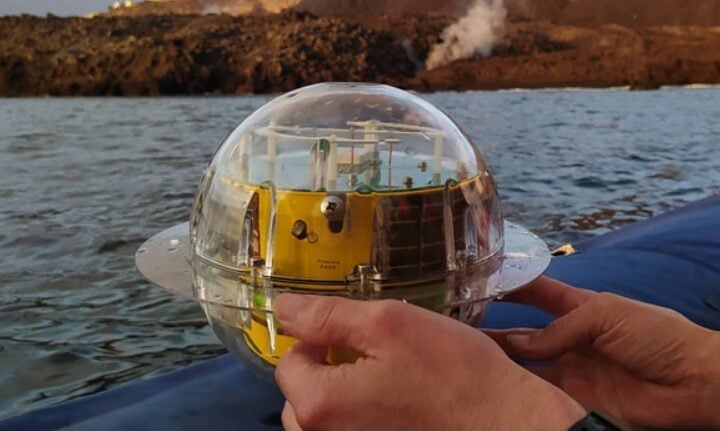According to a new study, the world’s oceans are polluted by “plastic smog,” made up of an estimated 171 trillion plastic particles weighing approximately 2.3 million tons. Global data collected between 1979 & 2019 from nearly 12,000 sampling points in the Atlantic, Pacific & Indian oceans & the Mediterranean Sea were analyzed by a team of international scientists. A “rapid & unprecedented” increase in ocean plastic pollution was found since 2015. The waste management systems have not kept pace with the soaring plastic production in the last few decades, especially single use plastics. Each year, only around 9% of global plastics are recycled. The study found that without urgent policy action, the rate at which plastics enter the ocean could increase by around 2.6 times between now & 2040.
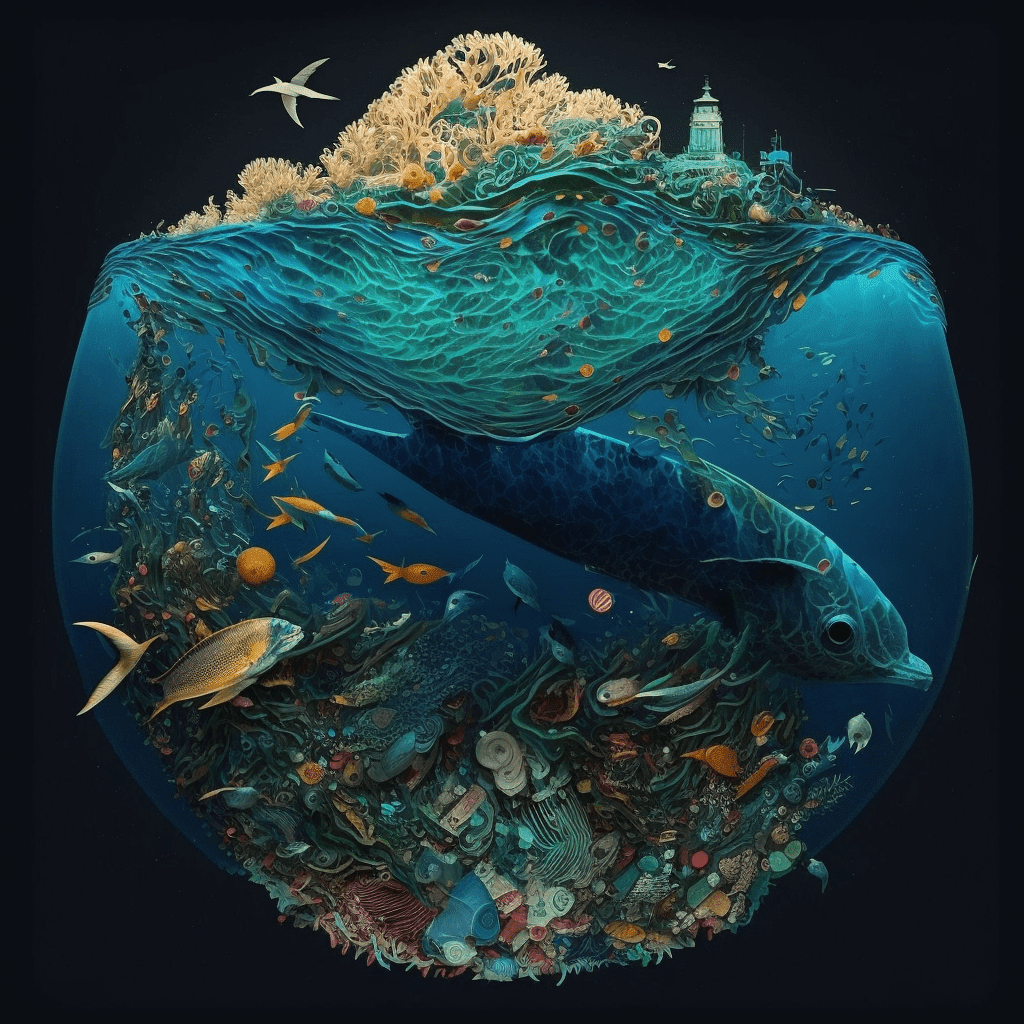
11,777 samples taken from the surface layer of oceans, which is roughly the first 600 feet of depth, were used by the researchers to estimate the average amount of microplastics in that layer over time, & were then compared to an historic overview of international policy measures aimed at reducing ocean pollution. It was by the study that plastic pollution has increased at the same time as a decrease in effective laws & agreements. According to the 5 Gyres Institute, which organized the study, the need for legally binding agreements to limit plastic production cannot be overstated.
An urgent international policy intervention to limit plastic production has been called for by the study authors. There have been numerous agreements aimed at stemming the tide of plastic pollution reaching the ocean since the 1970s, yet they are mostly voluntary, fragmented, & rarely include measurable targets. It has been agreed by the UN to create a legally binding global plastics treaty by 2024, which would address the whole list of plastics from production to disposal. The inclusion of cuts in plastic manufacturing, which is predicted to quadruple by 2050, has divided the member countries of the U.N.
A stark warning in the form of the exponential increase in microplastics across the world’s oceans should compel us to act now at a global scale & usher in an age of corporate responsibility for the entire life of the things they make. If we continue to produce plastic at the current rate, cleanup is futile, & we have heard about recycling for too long while the plastics industry simultaneously rejects any commitments to buy recycled material or design for recyclability. The plastic problem is to be addressed at the source, as the time has arrived for it.
Similar Posts
The researchers spent years poring over peer-reviewed papers as well as unpublished findings from other scientists to collate the most extensive record in terms of timeframe & geography. The majority of data exists in the North Pacific & North Atlantic, from where most of the study’s samples were collected. According to the study authors, more data is still needed for areas including the Mediterranean Sea, Indian Ocean, & the South Atlantic & South Pacific.
To measure and characterize the plastic in the ocean is a challenging problem. The Director of research & innovation at the 5 Gyres Institute, Lisa Erdle, says, “The ocean is a complex place. There are lots of ocean currents, there are changes over time due to weather & due to conditions on the ground.
According to Judith Erick, a former EPA regional administrator & now president of Beyond Plastics, policies to reduce the amount of plastic produced in the first place are the only real solution, especially as companies are continuing to find new ways to pump more plastics into the market. “The plastics & petrochemical industries are making it impossible to curb the amount of plastic contaminating our ocean. New research is always helpful, but we don’t need to wait for new research to take action-the problem is already painfully clear, the plastic accumulating in our oceans, air, soil, food & bodies”, said Enck.
